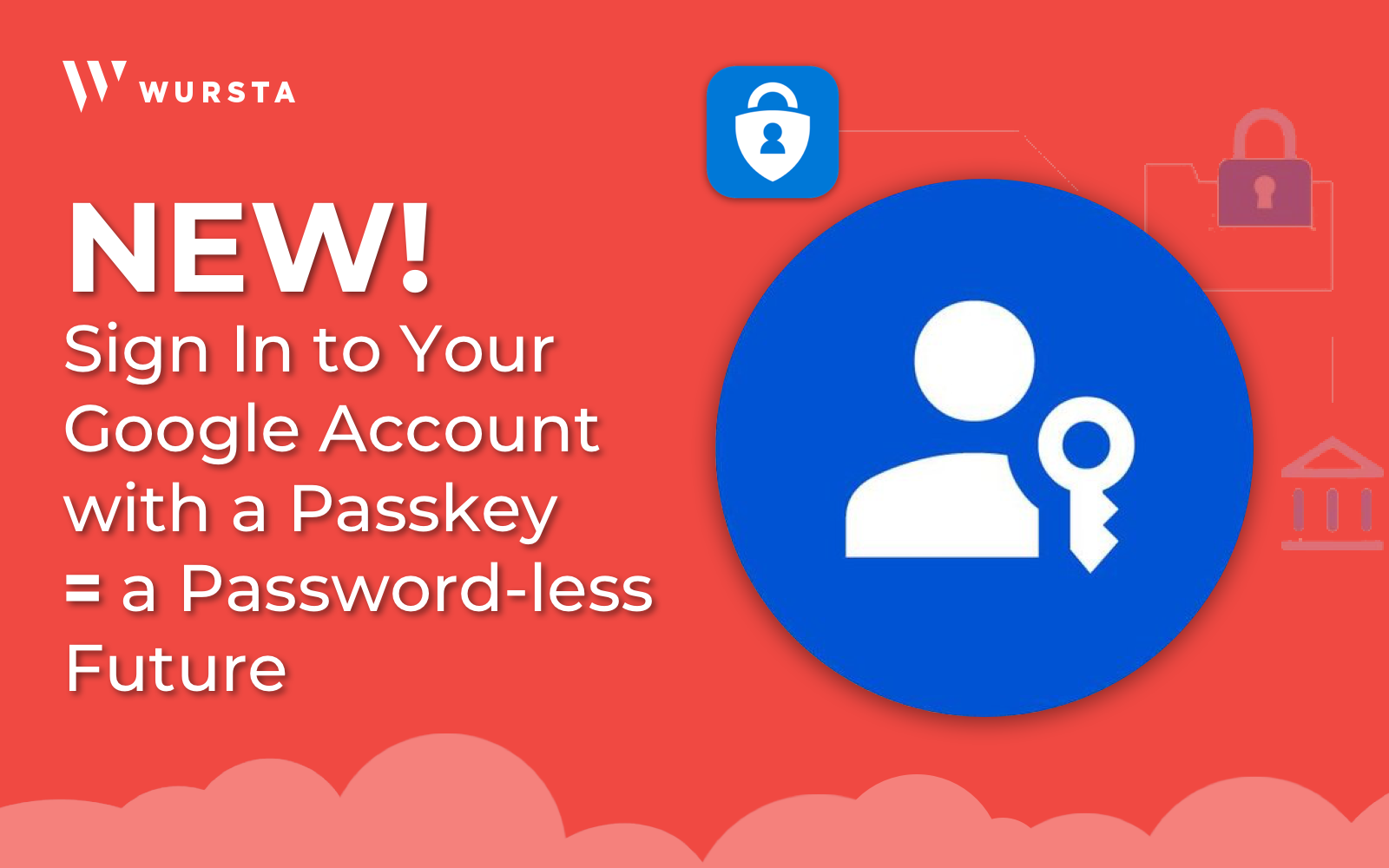Category: Security

In today’s digital age, email remains a cornerstone of communication for businesses worldwide. However, with the convenience of email comes the ever-present threat of spam, phishing, and other malicious activities. To combat these risks, Google has announced new requirements for bulk senders within its Workspace platform, aimed at enhancing email security and reducing unwanted messages. […]

To keep accounts safer from hijacking attempts, Google will remove Less Secure Apps (LSA) settings in Google Workspace. Beginning September 30, 2024, access to LSAs will be turned off, and therefore CalDAV, CardDAV, IMAP, POP and Google Sync will no longer work when signing in with a password. If your company uses LSAs or apps […]

In Google’s October 2023 announcement, the team at Gmail described their recent efforts into the ongoing battle against malicious email. New requirements for inbound messages to Gmail addresses saw a 75% decrease in unauthenticated email. Additionally, new protections and requirements were announced, which kick into effect in February 2024. Let’s take a look at what […]

While ransomware can be extremely destructive, there have also been some fascinating, if not slightly amusing use cases. For example, seven years ago hackers demonstrated ransomware for IoT thermostats, and a drone hacked smart lightbulbs from outside the window. Much more recently, court systems throughout Kansas will likely operate on paper for at least 2 […]

Wursta is thrilled to be hosting an event with Google in Miami in July, “How BeyondCorp Helps you Get to Zero Trust Security.” An event that’s nearly as exciting occurred in June: the release of the new Verizon 2023 Data Breach Investigations Report (DBIR). Seriously. It’s highly informative and actually an entertaining read, with some […]

We’ve all seen them shared on social media: “Take this fun online quiz! Only 10% of people can get these Qs right!” But if a quiz asks for personal details, such as the name of the street you grew up on, X-out promptly. It’s likely to be a phishing scam to obtain your passwords via […]
